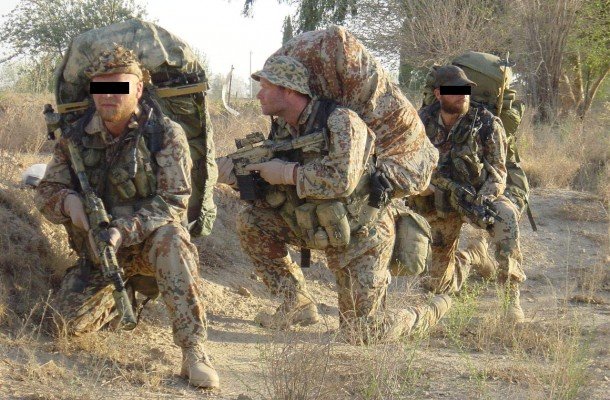The European Union has agreed to authorize new naval patrols off the Libyan coast. The deployment of warships is intended to be part of a renewed effort to effectively implement a United Nations arms embargo on the war-torn North African state.
The announcement follows Austria’s decision to not exercise its veto right, which it had previously threatened to do. Vienna’s initial reluctance came from its concern that the previous military mission, Operation Sophia, which was tasked with tackling human trafficking and people smuggling, might act as a pull factor for migrants wishing to come to Europe.
Italy had previously blocked new deployments alleging that other EU states were insufficiently supportive in its attempt to cope with large numbers of migrant arrivals. Should the upcoming patrols result in encouraging more migrants to come, “the mission will be stopped,” said Italian Foreign Minister Luigi Di Maio.
However, the new mission is strictly constrained to limiting arms flow to Libya. “The main objective is the arms embargo,” according to Luxembourg’s Foreign Minister Jean Asselborn.
As of yet, the EU mission is simply a draft agreement. However, once put into action, it is expected to include naval vessels, aircraft, as well as satellites. Additionally, it will initially deploy in the eastern Mediterranean and specifically in international waters. This is intended to be part of an effort to avoid the traditional migrant-smuggling routes, which have been the source of severe consternation among some EU countries.
Crucially, as acknowledged by senior EU officials, the new mission will not be able to operate along the Libyan-Egyptian land border from where artillery continues to be sent across the border.
Libya has been embroiled in a civil war since the death of former leader Col. Muammar Gaddafi with the UN-recognized Tripoli government fighting against General Khalifa Haftar and his Libyan National Army (LNA).
The war has become increasingly internationalized with large powers picking opposite sides. While Turkey has sent advisors, as well as potentially up to 2,000 Syrian fighters to aid the Tripoli government, the United Arab Emirates and Russia are believed to be supplying Haftar’s forces. Even within the European Union, divisions have emerged. France has been supportive of the LNA while Italy, Libya’s former colonial ruler, has backed the internationally-recognized government.
The massive weapons proliferation in the country has been a leading cause of instability. From the perspective of the United Nations deputy special envoy for Libya, Stephanie Williams, “the arms embargo has become a joke. We all really need to step up here. It’s complicated because there are violations by land, sea, and air, but [the embargo] needs to be monitored and there needs to be accountability.”
Already have an account? Sign In
Two ways to continue to read this article.
Subscribe
$1.99
every 4 weeks
- Unlimited access to all articles
- Support independent journalism
- Ad-free reading experience
Subscribe Now
Recurring Monthly. Cancel Anytime.











COMMENTS